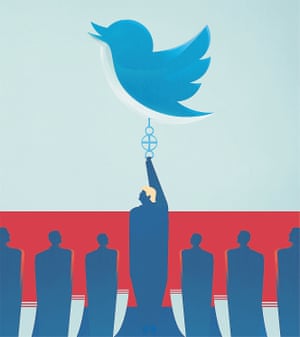Media andSociety issues, I recommend visiting following blogs.All of them are just great.
1. https://malyshevablog.wordpress.com/
This incredible blog talks about materialism, as a virus of our society. I think that: it is a VIRUS! We see people admiring luxurious brands of bags and clothing, praying for getting a new iPhone and spending crazy amount of money for unnecessary toys. We are bombarded with such messages and posts on Instagram, Twitter and Facebook. Malyshevablog describes all these issues in a very interesting way. So, please check this blog:)
2. http://aisha228.blogspot.cz/2016/04/modern-standards-of-beauty.html
Here is another awesome blog. It talks about the modern perception of beauty and beauty industry. Aisha, the author, states her point of view on the modern standards of beauty and her views are opposite to mine. It was interesting to explore what she thinks about beauty standards, and I found few interesting articles in this blog. Highly recommend reading "Modern Standards of Beauty" blog. If you are interested, please, click on the link above:)
3. https://stmediasociety.wordpress.com/author/stmediasociety/
"Discrimination against Homosexuals in Society" is a great blog, created by my classmate. The blog talks about different issues of LGBT society, and one of the posts is focused on problems of the Russian LGBT minority. It discusses the laws that ban "gay propaganda" in Russian media. Such negative attitude towards LGBT community takes place not only in Russia but in the majority of developing countries. I highly recommend to visit this blog and spend some time on researching this media issue:)
4. https://wearemorethanthese.wordpress.com
Discrimination could be detected in all forms of media and it is an issue of our morality. The blog "We are More Than These" analyzes media content that includes elements of discrimination. The post "Current Event II: Family Guy" talks about the satirical jokes that discriminate race and gender minorities, disabled people. The post ends up with a good question: "Harmless jokes or a reason to think?". If you agree with any of proposed options, please check out this blog and leave your comment.
5. https://childrenadvertising.wordpress.com/
Last but not least blog I want to talk about is "Children and Advertising". This blog contains a post about Tom Brady, the well-known quarterback, who made a claim that Coca-Cola and Frosted Flakes cereals are the "poison" for us and for the younger generation. I believe it is highly important subject to talk about because there is a possibility that it would affect our health. Please visit the blog for very useful and helpful information:)




